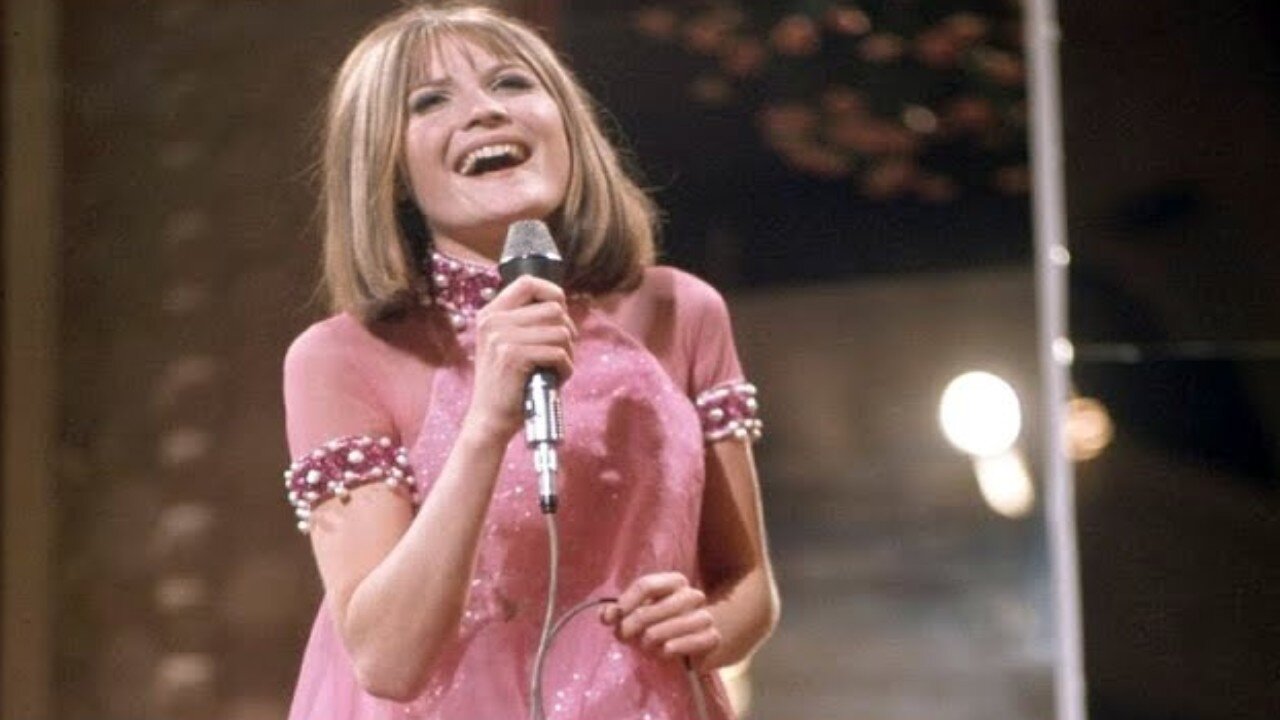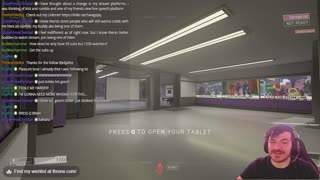Premium Only Content

🔴 1967 Eurovision Song Contest Full Show in Vienna (German Commentary by Emil Kollpacher) - with SUBTITLES
Date: Saturday, 8 April 1967 - Venue: Hofburg Palace, Vienna, Austria
Presentation: Erica Vaal
Voting: Per country, 10 jurymembers each awarded 1 point to their favourite song.
Number of countries: 17
This show is fully subtitled. It's never been easier to understand all the lyrics of the songs.
The Eurovision Song Contest 1967 was the 12th edition of the Eurovision Song Contest. It took place in Vienna, Austria, following the country's victory at the 1966 contest with the song "Merci, Chérie" by Udo Jürgens. It was the first time the event took place in Austria. The contest was held at the Großer Festsaal der Wiener Hofburg on Saturday 8 April 1967, and was hosted by Erica Vaal.
Seventeen countries participated in the contest, one fewer than the record eighteen that competed in the 1965 and 1966 editions. Denmark did not enter after its 1966 participation, and left the contest at this point, not to return until 1978.
The winner was the United Kingdom with the song "Puppet on a String", written and composed by Bill Martin and Phil Coulter, and performed by Sandie Shaw. This was the United Kingdom's first victory in the contest, and also the first winning song to be performed in English. The entry had one of the widest margins of victory ever witnessed in the competition; it garnered more than twice as many points as the second-placed song. (Only Italy has outdone this feat, in the 1964 Contest with a margin of 49 to 17, almost three times as many points as the second-placed entry). The presenter became confused whilst the voting was taking place, and declared the United Kingdom's entry to be the winner before the last country, Ireland, had announced its votes. Shaw intensely disliked the composition, though her attitude towards the song somewhat mellowed in later years, even releasing a new version in 2007.
Until 2015, the 1967 Contest remained the only occasion when Austria hosted the event.
The 1967 Eurovision Song Contest was held in Vienna, the capital of Austria. The venue for the contest was the Hofburg Palace, which was the principal winter residence of the Habsburg dynasty, rulers of the Austro-Hungarian empire. It currently serves as the official residence of the President of Austria.
Format
The stage setup was a little unusual this year. There were two revolving mirrored walls on both ends of the stage; they began revolving at the start of each song, and stopped at its end. The hostess, Erica Vaal, ended the programme by congratulating the winning song and country, and saying "goodbye" in several different languages. This was the last contest to be transmitted only in black and white.
Participating countries
Further information: List of countries in the Eurovision Song Contest
The entry from Luxembourg, "L'amour est bleu", sung by Vicky Leandros, came in fourth; nonetheless, it went on to become the biggest international hit of the 1967 contest, and a year later would be a big instrumental hit for French musician, Paul Mauriat, under the English title, "Love is Blue". Denmark chose not to participate and left the contest at this point, only returning in 1978. The reason was that the new director for the TV entertainment department at DR thought that the money could be spent in a better way.
The United Kingdom's win was its first. Television presenter, artist and musician Rolf Harris provided the commentary for BBC Television viewers. Switzerland received zero votes for the second time. Portugal was represented by Eduardo Nascimento, who was the first black male singer in the history of the Eurovision Song Contest, performing "O vento mudou" ("The wind changed"). Rumours claimed that Portuguese prime minister Salazar had chosen this particular singer to show the rest of Europe that he was not racist.
Results
Draw Country Artist Song Language Place Points
01 Netherlands Thérèse Steinmetz "Ring-dinge-ding" Dutch 14 2
02 Luxembourg Vicky Leandros "L'amour est bleu" French 4 17
03 Austria Peter Horton "Warum es hunderttausend Sterne gibt" German 14 2
04 France Noëlle Cordier "Il doit faire beau là-bas" French 3 20
05 Portugal Eduardo Nascimento "O vento mudou" Portuguese 12 3
06 Switzerland Géraldine "Quel cœur vas-tu briser?" French 17 0
07 Sweden Östen Warnerbring "Som en dröm" Swedish 8 7
08 Finland Fredi "Varjoon – suojaan" Finnish 12 3
09 Germany Inge Brück "Anouschka" German 8 7
10 Belgium Louis Neefs "Ik heb zorgen" Dutch 7 8
11 United Kingdom Sandie Shaw "Puppet on a String" English 1 47
12 Spain Raphael "Hablemos del amor" Spanish 6 9
13 Norway Kirsti Sparboe "Dukkemann" Norwegian 14 2
14 Monaco Minouche Barelli "Boum-Badaboum" French 5 10
15 Yugoslavia Lado Leskovar "Vse rože sveta" Slovene 8 7
16 Italy Claudio Villa "Non andare più lontano" Italian 11 4
17 Ireland Sean Dunphy "If I Could Choose" English 2 22
-
 2:05:52
2:05:52
TimcastIRL
3 hours agoTrump Russia HOAX DECLASSIFIED, Obama Officials EXPOSED In “TREASONOUS CONSPIRACY”
120K92 -
 2:58:12
2:58:12
SavageJayGatsby
3 hours agoLockdown Protocol - Wedding in 3 Months! - Halftway to 100!
21.1K1 -
 2:41:27
2:41:27
Mally_Mouse
6 hours agoFriend Friday!! - Let's Play! - Lockdown Protocol
19.2K4 -
 9:43
9:43
MattMorseTV
6 hours ago $3.58 earnedTulsi just DROPPED a BOMBSHELL.
22.2K39 -
 LIVE
LIVE
SynthTrax & DJ Cheezus Livestreams
14 hours agoFriday Night Synthwave 80s 90s Electronica and more DJ MIX Livestream Knight Ride Edition
196 watching -
 2:31:18
2:31:18
Laura Loomer
5 hours agoEP134: EXPOSED: Microsoft Allowed China Access To DOD Cyber Systems
149K72 -
 2:46:43
2:46:43
FusedAegisTV
7 hours agoRumble Smackdown! #004 Tekken 8 $100+ Online Tournament !bracket !prizepool
27.5K -
 1:53:41
1:53:41
The Mike Schwartz Show
10 hours agoTHE MIKE SCHWARTZ SHOW Evening Edition 07-18-2025 with guest Congressman Buddy Carter!
34.8K38 -
 LIVE
LIVE
DopeFrags
8 hours agoOne of the best survival games ever? | Grounded
27 watching -
 1:03:43
1:03:43
Sarah Westall
4 hours agoPlanning is Over, War has Started: First Stage of Economic Global War: Commodities w/ Andy Schectman
23.9K1